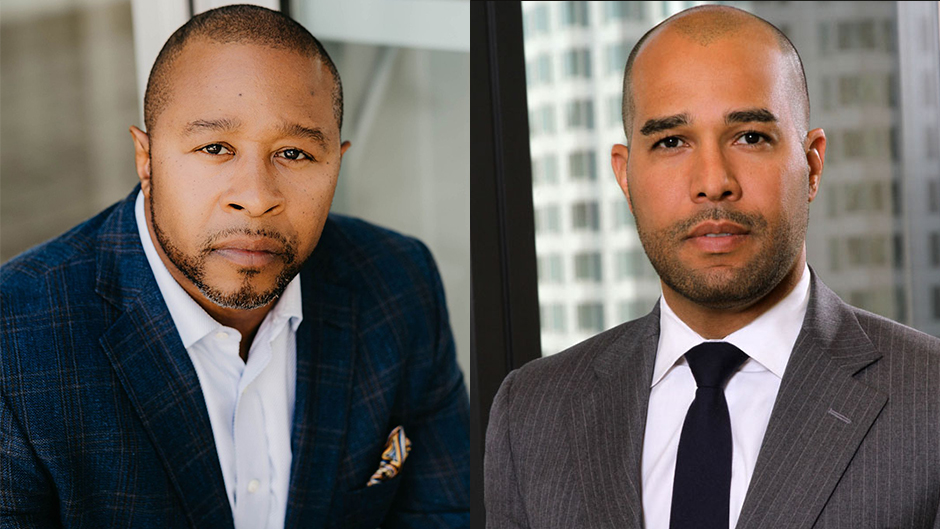The February 22 event, "Bruce's Beach: A Path to Reparations for Black Dispossession," brings Sidley partner George Fatheree III, who led the team to secure the return of the property. The action marks the first time in U.S. history that a Black family has had land returned to them by the government after it was wrongly taken from their ancestors.
Willa and Charles Bruce brought property in Manhattan Beach in 1912 and 1920 and developed a popular Black beachside resort. The local government seized the land under eminent domain nearly 100 years ago.
"There was really no precedent or playbook for what we were trying to accomplish. Our work involved complex federal, state, and local legal issues, including constitutional claims, property rights, valuation methodologies and tax considerations – none of which have come together before in a matter like this," said Fatheree at the time the Los Angeles County Board of Supervisors voted unanimously to return Bruce's Beach to the descendants of the Willa and Charles Bruce.
"We remained focused on the importance of getting this exactly right. We are very proud of the result for the Bruce family, but let's be clear: we should not call this justice. No one can reverse the generations of economic loss borne by this family – it's impossible to return to the family all that it has lost," he said.
HOPE, in partnership with the Black Law Students Association, is sponsoring a discussion with George Fatheree Wednesday, February 22, at 6 p.m. in the Alma Jennings Student Lounge at the School of Law. The event is free and open to the public with registration.
On February 23, "Exoneree to Esquire: A Conversation About Wrongful Convictions" will bring attorney Jarrett Adams to Miami Law to share his experiences navigating the legal system after being wrongfully convicted by an all-white jury at just 17 years old. He was exonerated after serving a decade behind bars.
Now a successful defense attorney, Jarrett will explain the complexities underlying his wrongful conviction and what can be done to prevent the same injustice from occurring to others.
"I wanted to rewrite what had been written about me. I started studying case law in the prison's library, and also helped other people with their cases — that was my crash course on law school," Adams said in an interview with Insider last year. "I wrote to people, and the Innocence Project answered."
The Thursday, February 23 event, sponsored by the Miami Law Innocence Clinic, will be held at the University of Miami Lakeside Village Auditorium from 6 to 8 p.m. and is free and open to the public with registration.

